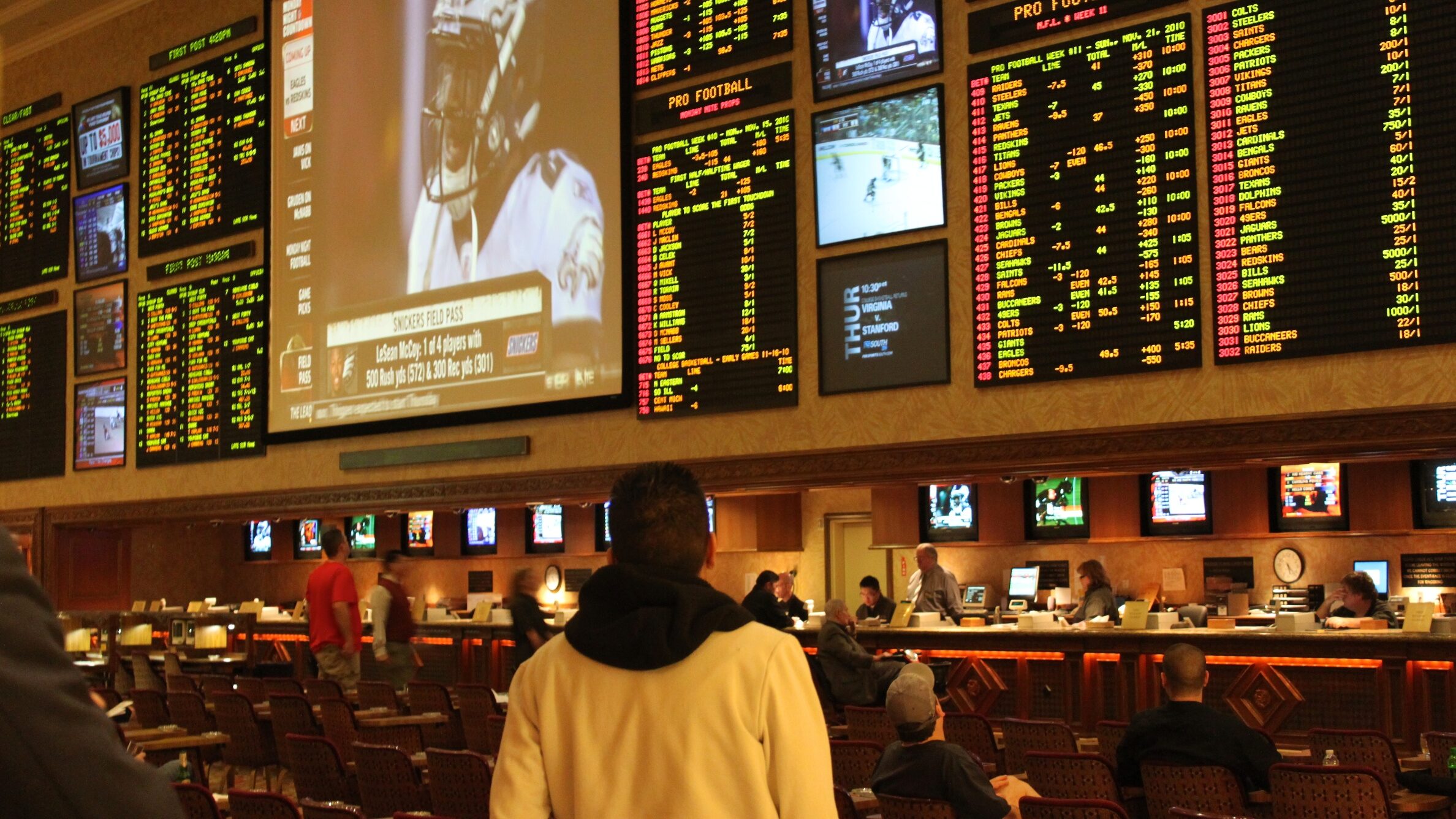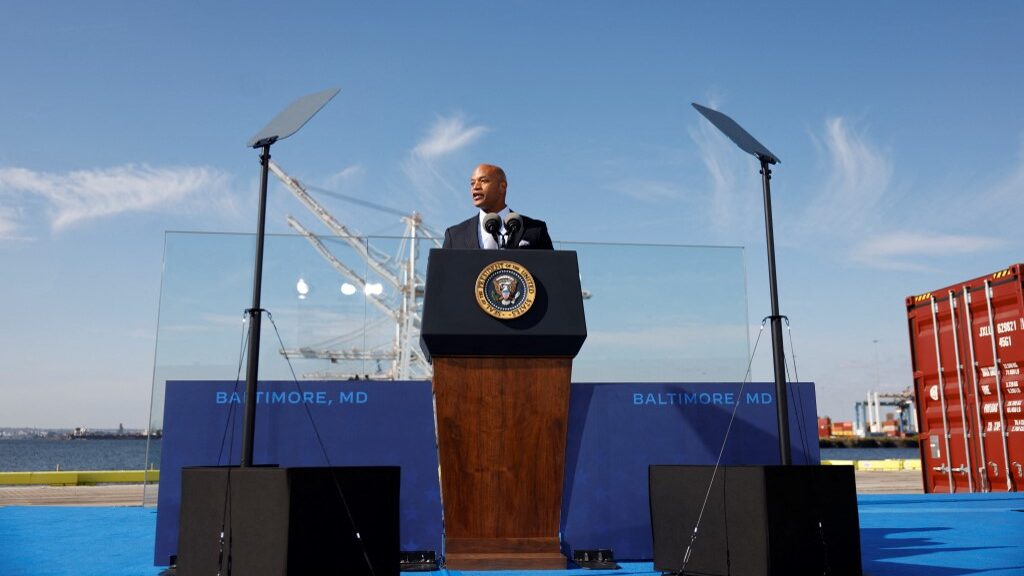
Some states jumped aboard the sports betting bandwagon the moment the wheels began to roll. And there are others that have been slow to warm to the concept, taking a more deliberate, cautious approach. You can consider North Carolina part of the latter.
A bill legalizing sports betting in the Tar Heel State has been in abeyance for some time but has again begun creaking forward.
Senate Bill 688 has passed the Senate and is now crawling toward the House where it faces opposition from conservative Republicans and several wary Democrats. Representative Jason Saine, R-Lincoln, is okay with the bill slogging through the political pipeline and insisted to the House Commerce Committee members that the bill is being contemplated and not fast-tracked through the House.
Representative Saine said to fellow lawmakers that it is important that there is much deliberation regarding the bill and, “to make sure that this bill and this issue is before you so that you have something to think about” while on holiday recess.
Saine said he has a friend who has told him he currently bets illegally and that it’s hardly uncommon in North Carolina. “Opponents claim that it’s going to drastically expand gambling in North Carolina. That’s just false,” Saine said. “There are already an estimated two million people in North Carolina betting on sports through illegal channels like local bookies, like I told you, and offshore sportsbooks.”
Saine has argued that the criminal enterprises in North Carolina that accept illegal bets are also connected with more nefarious activities like human trafficking and drug distribution. The legalization of sports betting would severely diminish the flow of illegal bets, thereby, dealing a blow to organized crime.
With the state lottery being the only exception, North Carolina bans games of chance like video poker or any other table games like those that rely on random rolls of the dice. But Representative Jon Hardister, R-Guilford, said sports betting is predicated largely on skill and not random luck.
“There’s actual data and statistics and analytics that can go into this kind of thing,” Hardister said. “It’s not like you just roll the dice and you hope you’re going to roll number seven, or [you] spin the wheel.”
Although the endgame is to create a new tax revenue stream, not everyone is convinced the juice is worth the squeeze. Representative Jay Adams, R-Catawba, isn’t convinced that the sports betting bill is a panacea for all that ails the state’s coffers.
“What you see is not always what you get when it comes to gambling,” Adams warned, and reflected on the previous claims that the state’s education lottery “was going to cure all of our education ills, and it’s a $3 billion economic activity. But once you pay everything out, you wind up with $700 million.”
Representative Deb Butler, D-New Hanover, also remains skeptical and voted against the bill when it was in committee, stated, “However you characterize this, it is a wild expansion of gambling in North Carolina. It is clear to me that it is going to affect those who can arguably least afford it the most.
“I’m not convinced, as Chairman Saine said, that everybody’s got a guy. I don’t have a guy. I don’t know who any – I don’t know people who have guys,” Butler added. “So, access to this is going to be broadly, broadly expanded, and that’s a fact.”















